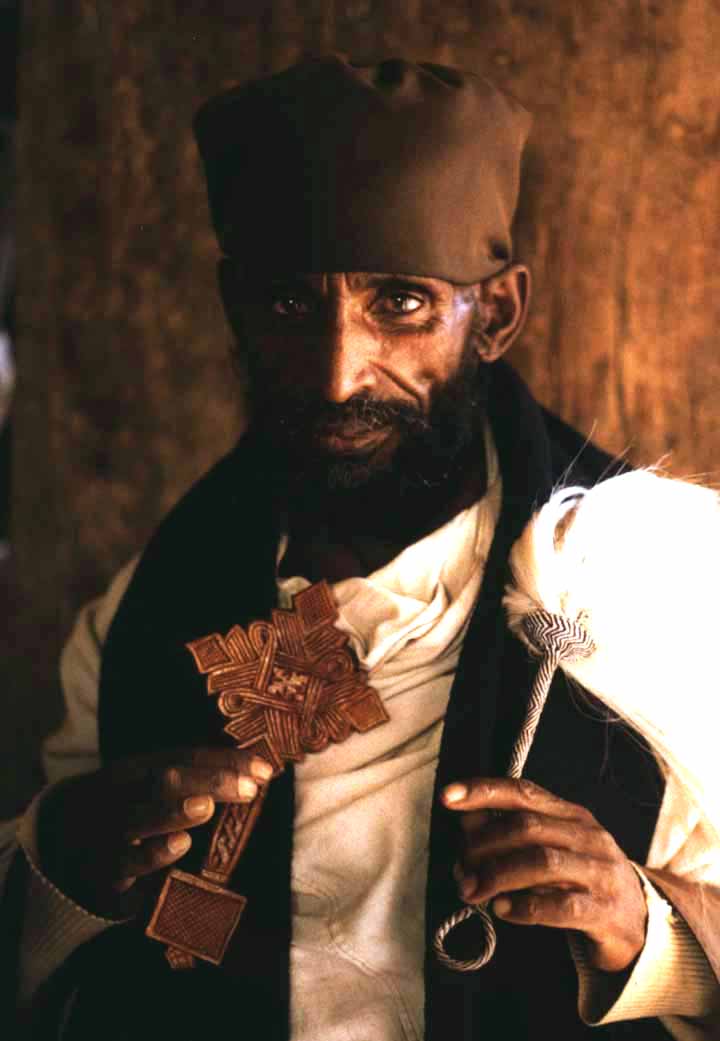Italian-wiseguy
One of the Regulars
- Messages
- 271
- Location
- Italy (Parma and Rome)
Well I've personally met people who fought in Eastern Africa and in Libya in WWII (some were my relatives) and also one who fought the campaign of '35 (AND WWII... he was a shoemaker, he used to say "well I was in war during all my youth... and they called it a blitzkrieg!").
One thing every italian knows about "the colonies", especially Eastern Africa, was the very high number of mixed weddings, and the even higher one of unofficial unions (the so-called "madame").
Eastern African women were considered to be (and actually were) very attractive, and the most popular "war song" actually told about "freeing" a "bella abissina".
These unions actually continued after the "Racial Laws".
One thing I personally never noticed in veterans was racism: ethiopians/erithreans were poor farmers, they were poor farmers themselves, full stop.
On the other hand, a former PoW captured by the americans in North Africa (the grandfather of one of my friends) was shocked about the quantity of materials that american soldiers had;
he came out trading it almost freely with arabs.
As for the first campaign against Ethiopia, the defeat of Adowa (Adua in italian) was shocking for italians, but I'd point out it was not
"the poor spear-shaking savage against the big white man army" celebrated (or condemned, a matter of point of views) by contemporary propaganda;
simply, ethiopian army, which had a consistent quantity of modern weapons, outnumbered the mis-led italians (and erithreans).
Ciao!
One thing every italian knows about "the colonies", especially Eastern Africa, was the very high number of mixed weddings, and the even higher one of unofficial unions (the so-called "madame").
Eastern African women were considered to be (and actually were) very attractive, and the most popular "war song" actually told about "freeing" a "bella abissina".
These unions actually continued after the "Racial Laws".
One thing I personally never noticed in veterans was racism: ethiopians/erithreans were poor farmers, they were poor farmers themselves, full stop.
On the other hand, a former PoW captured by the americans in North Africa (the grandfather of one of my friends) was shocked about the quantity of materials that american soldiers had;
he came out trading it almost freely with arabs.
As for the first campaign against Ethiopia, the defeat of Adowa (Adua in italian) was shocking for italians, but I'd point out it was not
"the poor spear-shaking savage against the big white man army" celebrated (or condemned, a matter of point of views) by contemporary propaganda;
simply, ethiopian army, which had a consistent quantity of modern weapons, outnumbered the mis-led italians (and erithreans).
Ciao!




